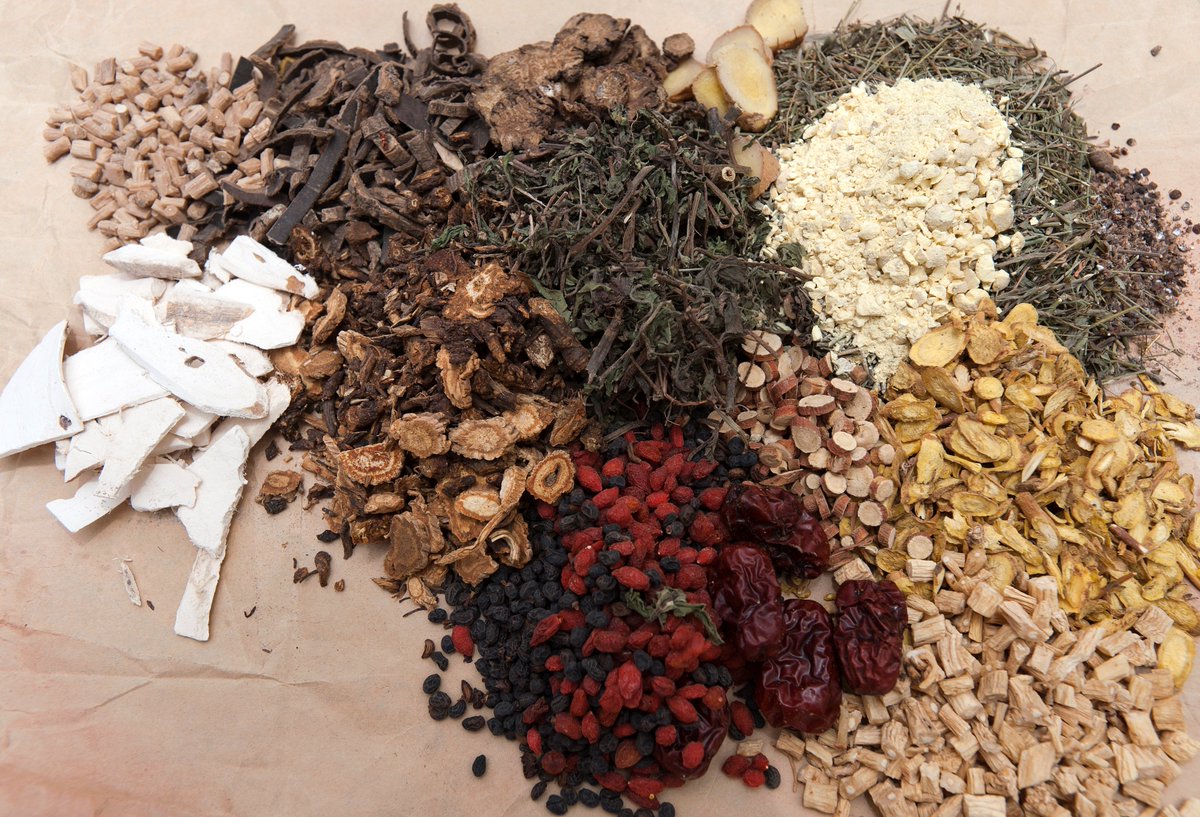
How would you know if you have the #flu or #COVID19? Should you take both flu vaccine and the COVID-19 vaccine if these are available to you?
Watch #ScienceIn5 to find out ⬇️
Watch #ScienceIn5 to find out ⬇️
Are you a health worker 👨⚕️🧑🏾⚕️👩🏻⚕️👨🏿⚕️?
During the #COVID19 pandemic, it is more important than ever to protect yourself against flu.
Getting the #flu vaccine will ↘️ your risk for flu.
More information:
👉 bit.ly/3iUxr60
During the #COVID19 pandemic, it is more important than ever to protect yourself against flu.
Getting the #flu vaccine will ↘️ your risk for flu.
More information:
👉 bit.ly/3iUxr60

Are you 60 or older?
During the #COVID19 pandemic, it is more important than ever to protect yourself against flu.
Ask your healthcare provider whether a #flu vaccine is right for you.
More information:
👉 bit.ly/3iUxr60
During the #COVID19 pandemic, it is more important than ever to protect yourself against flu.
Ask your healthcare provider whether a #flu vaccine is right for you.
More information:
👉 bit.ly/3iUxr60

Do you have chronic health conditions?
During the #COVID19 pandemic, it is more important than ever to protect yourself against flu.
Ask your healthcare provider whether a #flu vaccine is right for you.
More information:
👉 bit.ly/3iUxr60
During the #COVID19 pandemic, it is more important than ever to protect yourself against flu.
Ask your healthcare provider whether a #flu vaccine is right for you.
More information:
👉 bit.ly/3iUxr60

Are you pregnant 🤰🤰🏻🫄🏽🫃🏿 ?
Pregnant women are at risk of severe flu. Influenza vaccination given during pregnancy protects both you and your baby for several months after birth.
During the #COVID19 pandemic, it is more important than ever to protect yourself against #flu.
Pregnant women are at risk of severe flu. Influenza vaccination given during pregnancy protects both you and your baby for several months after birth.
During the #COVID19 pandemic, it is more important than ever to protect yourself against #flu.

Are you caring for children under the age of 5 ?
🧒👦🏿🧒🏻 under 5 are at greater risk of severe disease or complications following infection with influenza.
During the #COVID19 pandemic, it is more important than ever to protect children from #flu.
🧒👦🏿🧒🏻 under 5 are at greater risk of severe disease or complications following infection with influenza.
During the #COVID19 pandemic, it is more important than ever to protect children from #flu.

• • •
Missing some Tweet in this thread? You can try to
force a refresh


















